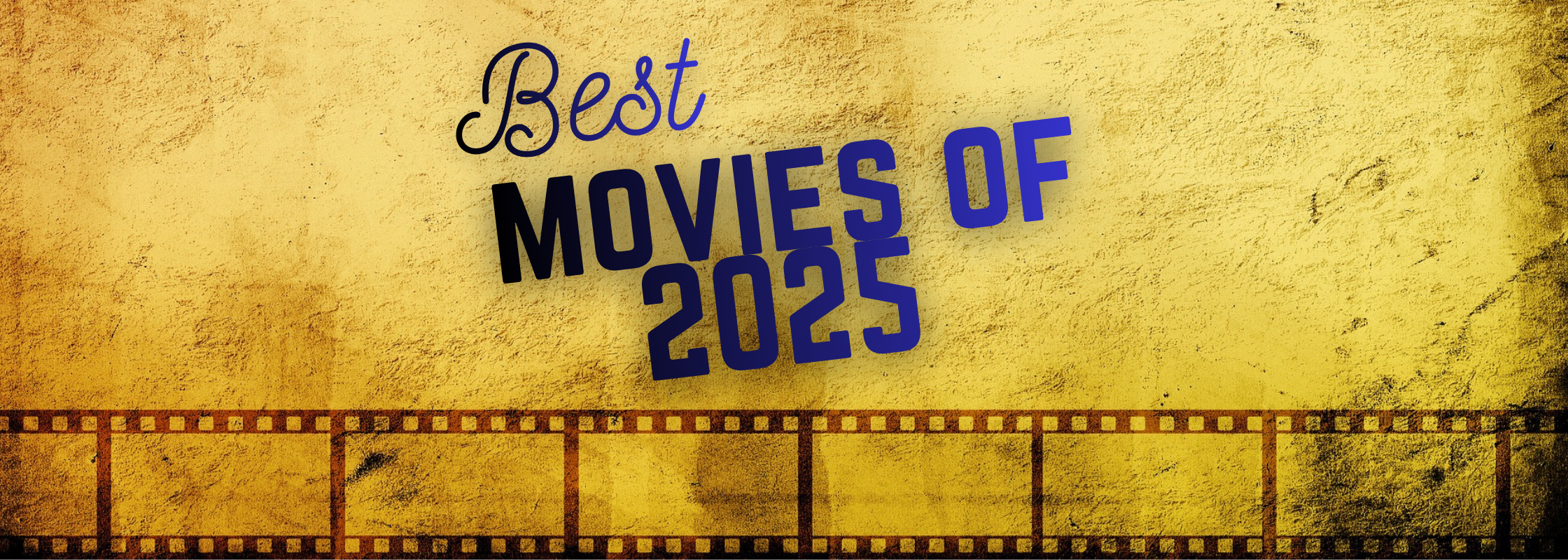28 Years Later
Director: Danny Boyle
Writers: Alex Garland
Stars: Jodie Comer, Aaron Taylor-Johnson, Jack O'Connell, Alfie Williams, and Ralph Fiennes
Running Time: 115 minutes
Please note there may be spoilers below
23 years after establishing that zombies could not only shuffle but sprint at high speed, director Danny Boyle and writer Alex Garland return to reestablish their horror credentials by leaving behind the transitional shock of seeing normality destroyed and instead embracing the cold, wet, post-apocalyptic bleakness of British weather and flesh-hungry beasts. The result is an effective but awkward mix between Garland’s emotionally heavy themes of death and Boyle’s tendency for stylistic excess, producing a film where its strengths also manage to be its weaknesses: tonal shifts and jagged edges that keep the proceedings unpredictable but render the experience jarring.
With the British Isles under quarantine (a potential metaphor for UK immigration debates) and the Rage virus still an existing danger on the mainland, twelve-year-old Alfie lives with his parents in an idyllic community on Lindisfarne island. Connected to the mainland via a tidal causeway that really exists on the same island, we get a film textured in mud, grass, and saltwater, the same British iconography that helped set 28 Days Later apart in our imaginations. Alfie’s life is both externally and internally bruised – his mother’s (Jodie Comer) mental acuity is fast deteriorating, bed-ridden with mood swings and migraines, whilst his promiscuous father is keen for his son to undertake his first hunting trip on the mainland, the boy armed with only a bow and arrow and a suitably nervous disposition. As the opportunity for zombie carnage arises, so does Boyle’s instinct for style – the opening hour can feel almost like a feature-length trailer, layered with smash-cuts, flashbacks, montages, dream-like imagery of the Great War and customary needle-drops straight from the school of Trainspotting. We’re introduced to the concept of an Alpha (a well-hung, steroided zombie) along with the character of Dr Ian Kelson (Ralph Fiennes), a mainland loner whom Alfie’s dad describes in disturbing terms.
As a dramatiser of family life, Garland’s instincts serve him well. As Alfie’s family life declines amidst the escalating danger, he matures before our eyes by dedicating his life to saving his mother, and it’s here where zombies become merely a decoration to 28 Years Later’s main antagonist: illness. It’s a fascinating and daring focal point, not least because it neuters the intensity of the horror (it’s not particularly scary), yet it elevates the emotional fallout of the film’s third act, an intentional turn of cathartic tragedy. Watching Alfie deal with not only the implications of surviving a zombie apocalypse but also the mortality of everyday life is a combination that stretches the film towards a bleakly sad introversion that both broke my heart and impressed me with its insight into the universal feeling of grief. By the time the film dives into this bone-laden sorrow, you may even forget you were watching a horror film, but instead something more profound and transcendental.
“We’re suddenly spoilt with invention in a genre desperate for some creativity.”
Similar to 28 Days Later, the cinematography is a deliberate act of digital de-glamorisation, Danny Boyle embracing ugliness as much as beauty. Shot entirely on an iPhone 15 Max, there is both a social-realism feel to the muted, grey skies but also a hyper-stylised shock to his editing, where often a shaking frame or jolted jump-cut is used to punctuate the grimness of the environment or the violence of a head-piercing arrow. So much of the inherent freshness of this series is its dedication to the working-class British environment – the weathered accents of Geordies, the flattened imagery of terraced houses, colloquial expressions and small confined rooms hardly large enough to contain their human struggle. There’s an authenticity here, the same kind that makes Boyle’s filmography so convincing, the same authenticity I often feel lacking in Garland’s own directorial efforts. It’s what makes the combination of the two collaborators so special – Garland’s coolly rendered world-building mixed with Boyle’s risky, headstrong sincerity, all of it delicately tuned to make this piece comparable to their best work.
Yet Boyle’s tendency towards clumsy choices veers the journey into strange places, places both joyously surprising but occasionally awkward. You’ve seen this story many times before – the speed of the early exposition is both a relief but also strangely valueless. An early prologue is interesting but tied to a larger story, giving it limited dramatic weight, its overly-excited editing and cliched horror/religious location almost a disappointing sign of things to come. The early table setting is interesting, but it’s only once the movie truly challenges your expectations by the third act that it comes emotionally alive in a way you wish the entire film achieved. Among a temple of bones, with the fiendishly talented Fiennes emoting a subtle emotional range I didn't expect, we're suddenly spoilt with invention in a genre desperate for some creativity.
It’s a shame then that once again Garland’s habit of writing anti-climatic or unfinished endings crops up. As an act of fun, the climax shoots into us a sudden shock of campy indulgence, a superhero-edged zombie fight that drowns the film in the trimmings of an expensive to-be-continued TV pilot. It’s silly; on face value a wild, audience-pleasing choice; but with every step further out of the theatre, the initial fun subsided and soon felt emblematic of a deeper issue of incohesion, like 28 Years Later is a movie of short, stylistic moments, some remarkable high points, but limited in its discipline to maintain consistency throughout. Being this is a planned trilogy, I couldn’t help but feel tired of the continued acceptance of incomplete, episodic cinema, even when its unpredictability helps it stand out from other mediocre offerings.



